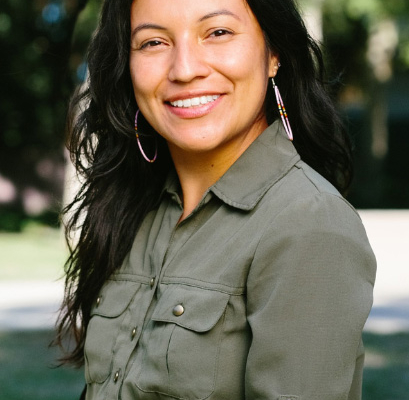
I Testified for Affirmative Action
I Testified for Affirmative Action, I’m Not Giving Up By…
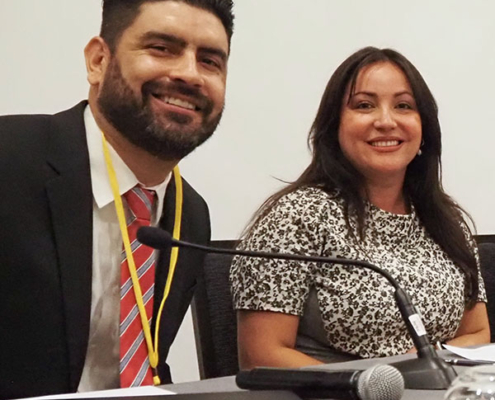
Hispanics in Philanthropy Conference
UCLA LPPI Puts a Spotlight on Latino Representation at Hispanics…
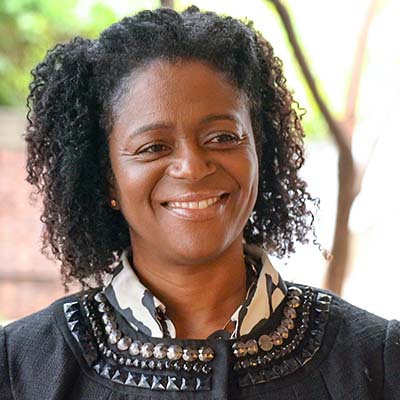
Racial Equity at Work w CA Senator Lola Smallwood-Cuevas (video)
CA State Senator Lola Smallwood-Cuevas takes us through some…
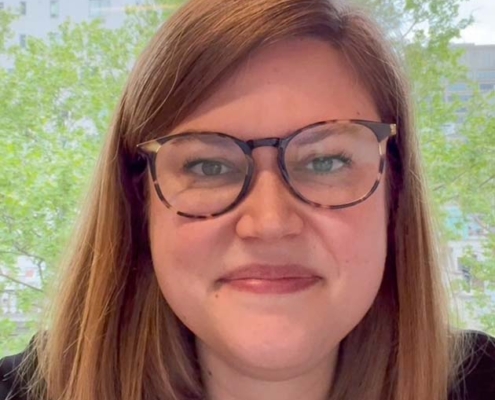
Who Should Pay? – w author Natasha Quadlin (video)
In “Who Should Pay? Higher Education, Responsibility, and…
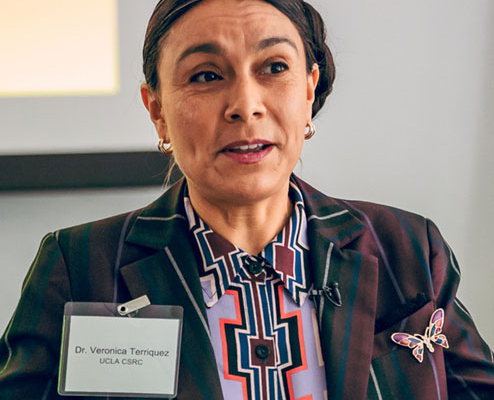
UCLA LPPI Hosts 4th Annual Policy Briefing
UCLA LPPI Hosts 4th Annual Policy Briefing
By Cesar Montoya Since…
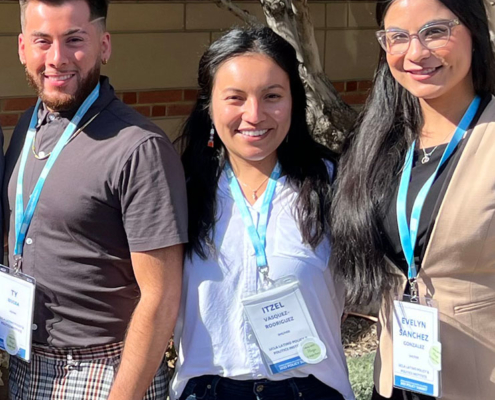
UCLA LPPI Fellows in Action ’22-’23
Authors: Heidy Melchor (LPPI Policy Fellow, B.A. 2023) &…
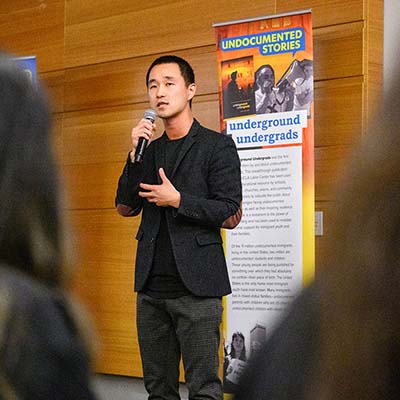
UCLA Labor Center hosts ‘Opportunity For All’ teach-in
On Nov. 1, the UCLA Labor Center co-hosted a teach-in about…
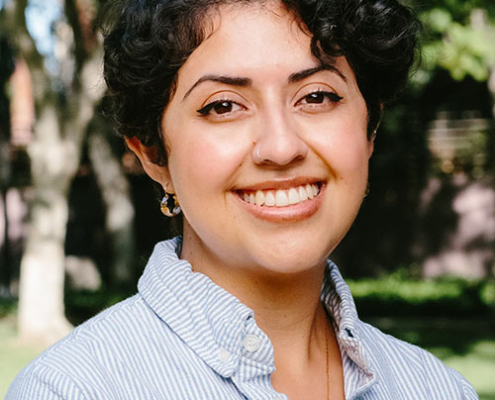
LPPI Staff Bring Insights and Accountability to Policymaking
New UCLA LPPI Staff Bring Insights and Accountability to Policymaking…
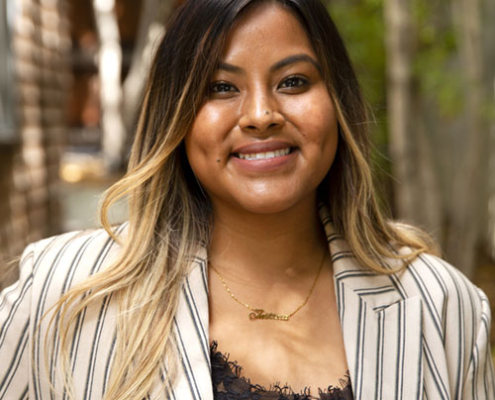
UCLA LPPI Policy Fellows Fight for an Inclusive Democracy
UCLA LPPI Policy Fellows Fight for an Inclusive Democracy During…
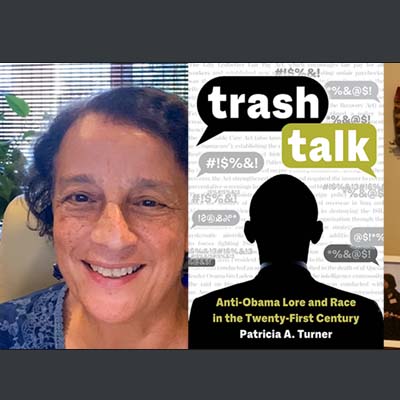
Trash Talk: Anti-Obama Lore and Race in the 21st Century – Video
"Trash Talk: Anti-Obama Lore and Race in the Twenty-First…

